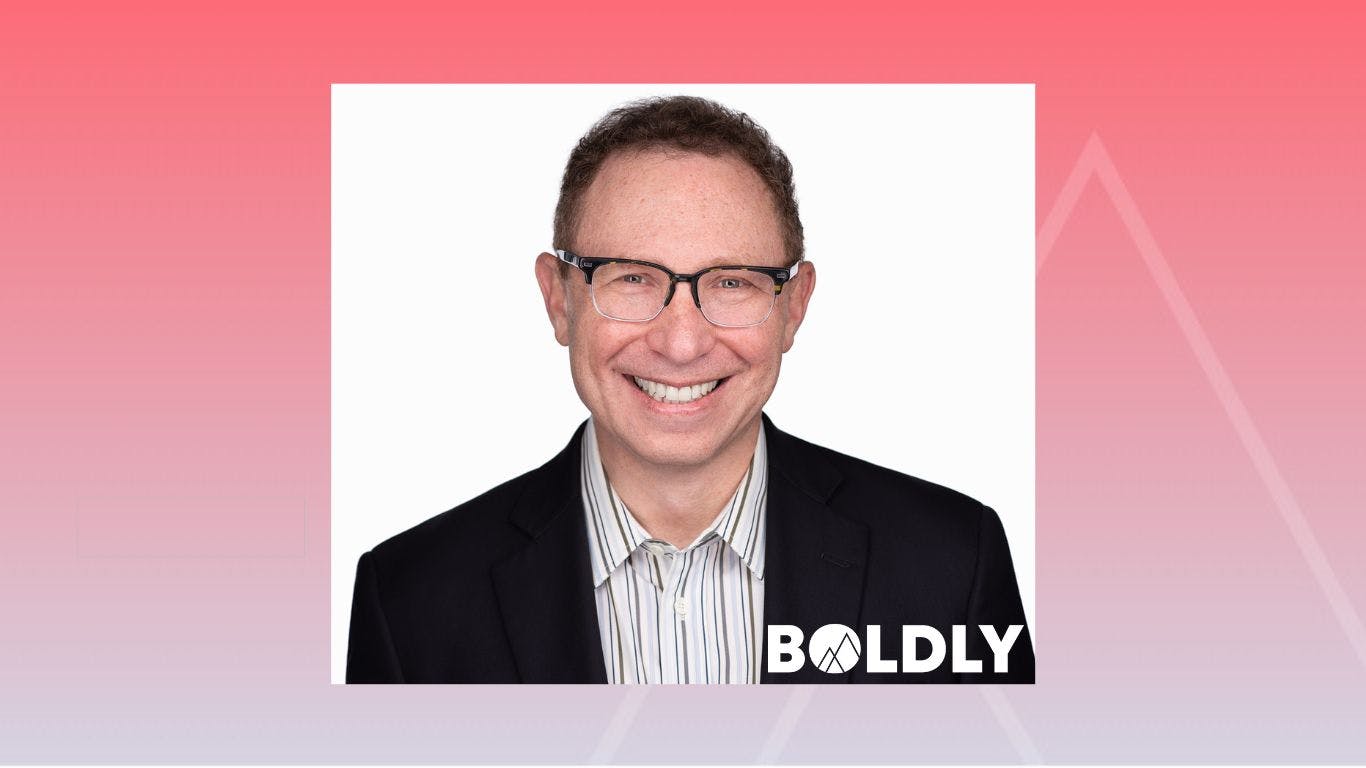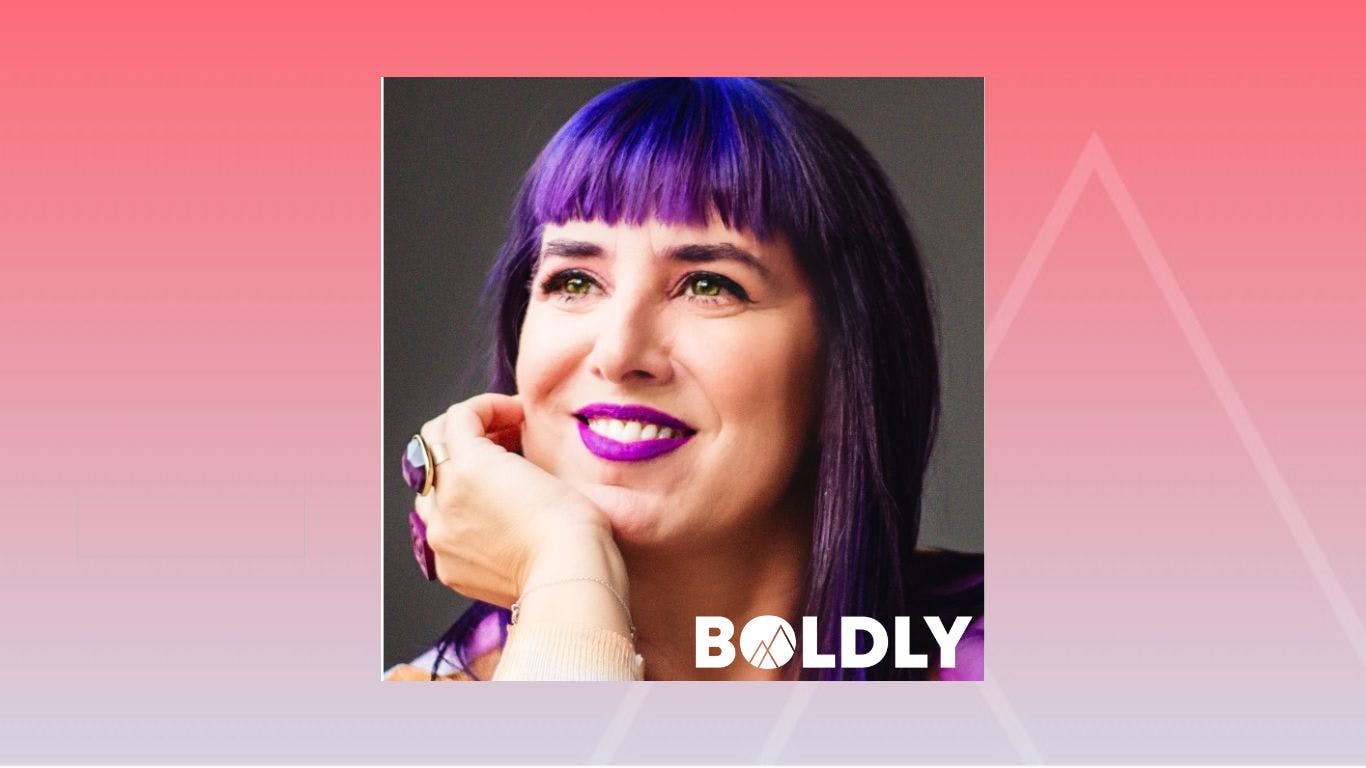Coach Spotlight: Coach David
Posted by Lisa Singh
This week we welcome Psychiatrist, Executive Coach and Author of Healing Psychiatry, ICF PCC Coach David! Thank you for joining us and allowing us to learn more about you and your coaching journey- let's begin!
1) Where do you call home, and where is your home away from home?
I have lived in Boston for many years, but my heart has always been in New York. Boston is a major hub of healthcare, biotech, finance, and higher education -- all areas in which I do a lot of executive coaching. New York is where I love to go for cultural activities, concerts, and sporting events.
My most beloved teams are the Yankees of Major League Baseball and the Islanders of the National Hockey League. Most importantly, I love to visit my mom (who has lived in our family's home on Long Island since 1968, and my oldest son, who is studying sports media and communications at Hofstra University.
2) What does a typical weekend look like for you?
On weekends I enjoy a combination of downtime by myself and time with family and friends. I often meet with a few clients on Saturday mornings, which is convenient for them and helps me free up some weekday hours for myself.
Weekends are also a great time for long walks, reading, New York Times crossword puzzles, tennis, golf, trying out a new restaurant (or a challenging new recipe at home), and generally reconnecting with family after a busy week at work.
3) What are you passionate about outside of coaching?
One of my core values is maintaining curiosity about things beyond my own area of training and expertise. Each day I try to read something (even if it’s brief) about a topic where I have minimal or zero knowledge. After years of studying philosophy and psychiatry, it has been meaningful to me to spend more time on topics that are pragmatic (such as cooking and investing) or simply interesting in themselves (including a wide range of poetry, abstract art, and music). Some of my greatest learning and joy has come from time with my children – how else would I know anything about Instagram or TikTok?!
4) How did your career transition into Executive Coaching?
My background in studying philosophy and practicing psychiatry set the table for my transition into coaching. Since college I have had a profound interest in how human dialogue causes remarkable changes in brain functioning, self-awareness, emotional connectivity, and work performance. These interests led me to become a psychiatrist. Over many years of practice, I came to realize that a major source of distress in my patients' lives was their jobs, and so I got interested in helping people navigate their workplaces and career development more proactively. This insight led me to pursue coach certification and open my coaching practice, which has steadily grown after the past decade.
5) How would you describe your coaching style?
My style interweaves open-ended questions and thought-provoking statements.
goal is to prompt the client to slow down, examine their default modes of thinking, consider positive mindset changes, and formulate an action plan to develop their leadership skills and overall effectiveness. I aim to bring empathy, warmth, honesty, and a light-hearted sense of humor into coaching sessions. This combination generally helps to foster trust, a strong working alliance, and a commitment to learning and growth.

6) You are a Master Certified Coach Trainer in the Center for Executive Coaching (accredited by the ICF). What are your thoughts on accreditation in the coaching industry?
I am a strong proponent of accreditation. Executive coaching can and should function as a traditional profession like medicine and law. The ICF has admirably led the way in developing and maintaining high standards for professionalism, including a set of best practices and code of ethics. Accreditation of coach training programs helps to ensure rigor.
Clients deserve to work with credentialed coaches who have been trained to the same kind of high standards as doctors and lawyers are.
7) You're also an accomplished author -- can you please tell us a little about your book 'Healing Psychiatry' and what inspired it?
Throughout my years of training and practice as a psychiatrist, I realized that the core challenge for clinicians is to do two countervailing things at the same time: place the patient in a diagnostic category to enable evidence-based treatment, while also seeing the patient as infinitely complex and unique. My book ‘Healing Psychiatry’ provided a roadmap to resolve this tension – the subtitle of the book is ‘Bridging the Science/Humanism Divide.’
Drawing on the American pragmatism of philosopher and psychologist William James, I argued for placing the needs and values of the patient over any theory or agenda of the practitioner. These principles apply equally well to Executive Coaching.
8) Who do you feel are the best candidates for coaching?
In a word, the best candidates for coaching are learners. Coaching is most successful when the client is open to inquiry, introspection, feedback, and mindset change. These traits empower people to consider and implement new behavior patterns that underpin leadership success. People initially may come to coaching for the developmental opportunity it offers, or for remediation of negative performance.
Either way, coaching can be successful if the client sustains a genuine learning orientation.
9) What has been the biggest impact you have seen through coaching?
I have coached clients who had “lightbulb moments” that transformed their careers. One of my clients came to the realization that he needed to treat members of his team with as much respect as he showed external clients. When he recognized that and made necessary changes, team productivity and employee engagement scores skyrocketed.
Another client, who was a junior C-suite executive, came to realize that she should stop thinking or saying, “work for the CEO” and replace it with “work with the CEO.” That seemingly minor change was transformational. She now approached the CEO as a collaborator – not someone who was judging or managing her. Their conversations improved and they launched a key initiative that had been backburnered for too long.
10) What benefits do you think a company considering engaging a career coach could expect from working with you?
They can expect the highest level of professionalism and fundamental respect for all stakeholders in the process. My basic commitment is to ensure that the company leadership and the individual coaching client are aligned about the goals and metrics of success. The specifics of each coaching session are confidential, which allows the client to develop trust and speak openly. At the same time, I listen carefully to all stakeholders, incorporate their input, and help the client develop an action plan that makes sense to everyone involved. This approach helps to ensures an excellent experience and a favorable outcome for the client, their colleagues, and the enterprise as a whole.
Thank you for joining us in this week's coach spotlight David and sharing your insight! To book a free 30-minute chemistry session with Coach David, or to learn more about the services we offer at BOLDLY, visit www.boldly.app or email connect@boldly.app
About the Author:
Lisa Singh is an Australian, living with her family in the beautiful South Pacific. As Coach Business Partner Lead for BOLDLY, Lisa's team screen and onboard coaches onto our global marketplace, then enable the matching and engagement process so that coaches can do what they do best: deliver exceptional coaching journeys to our coachees. Lisa is a trained nurse, and her role with BOLDLY she loves meeting top coaches and promoting their work for a win:win. Connect with Lisa .




